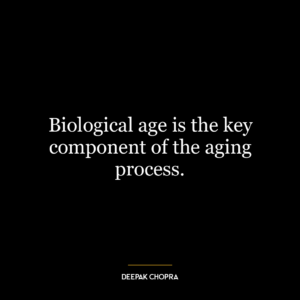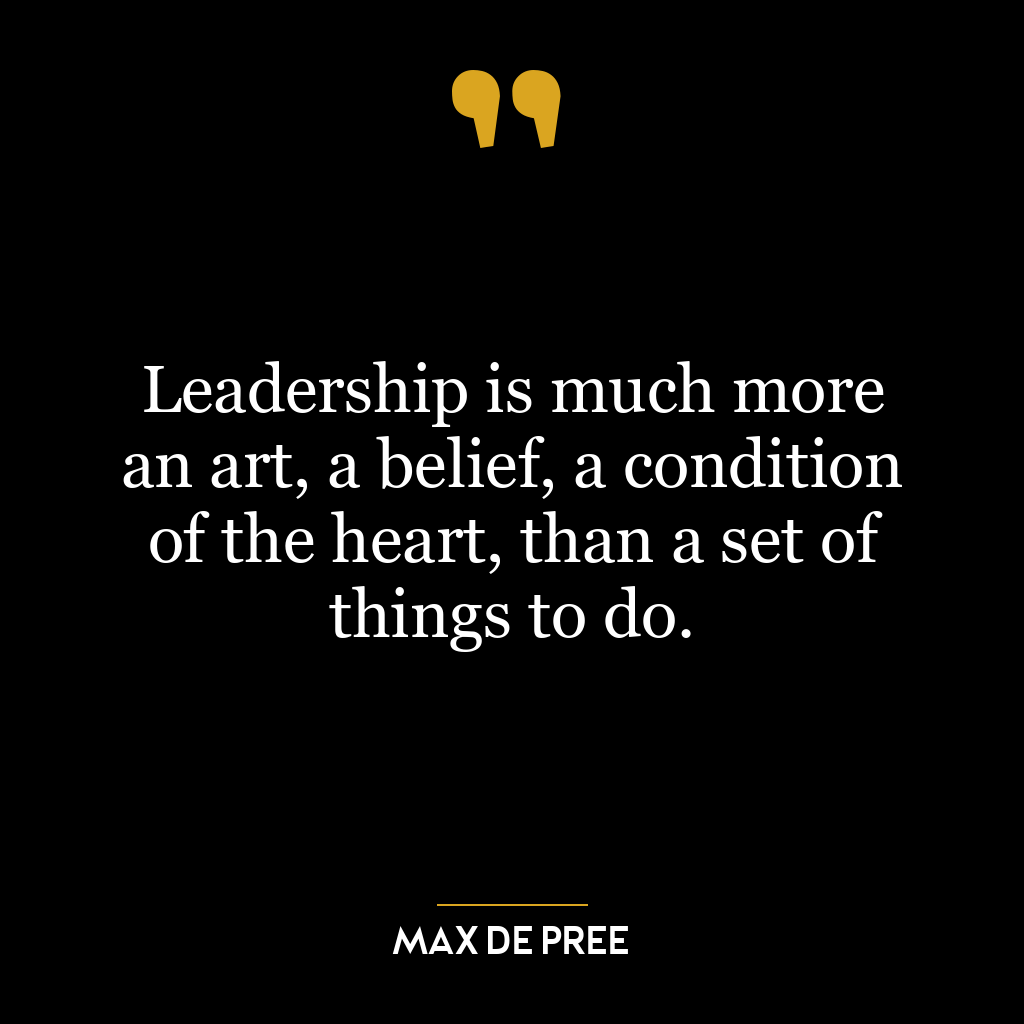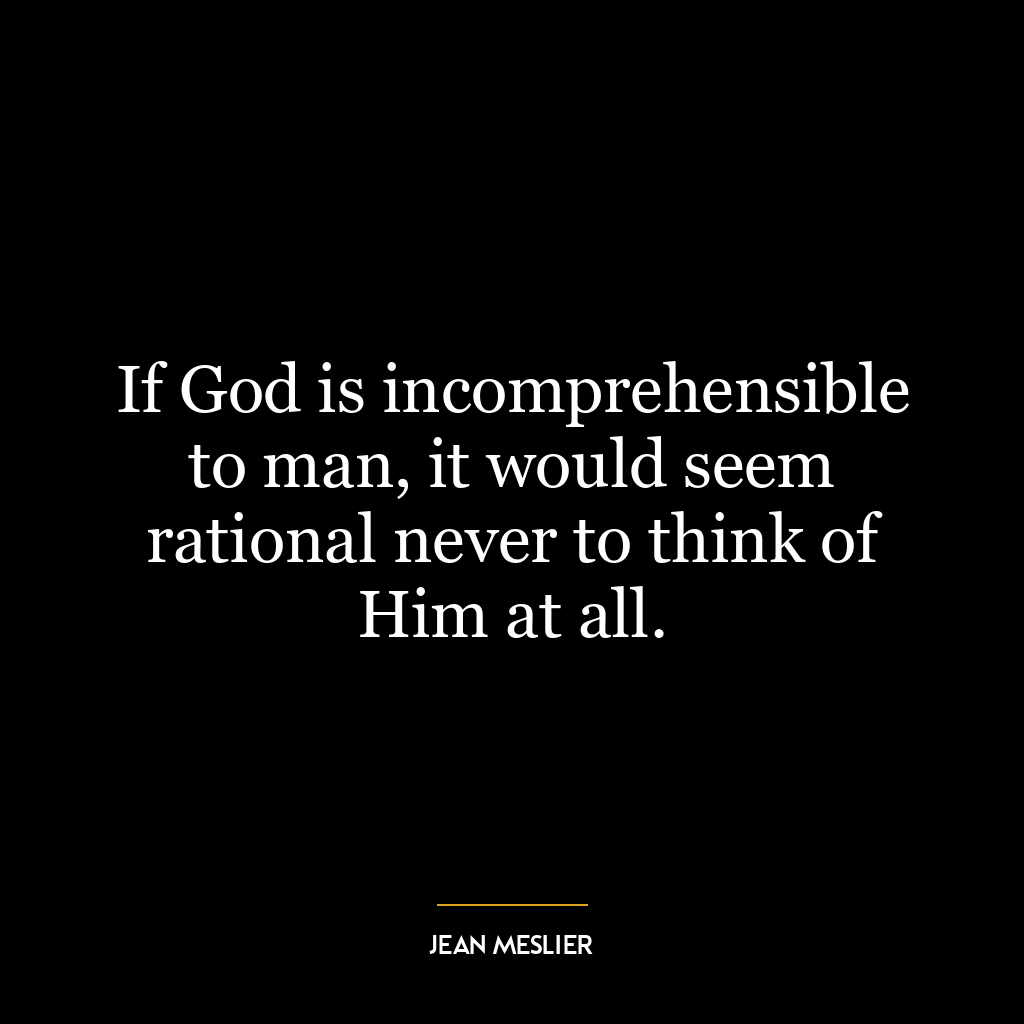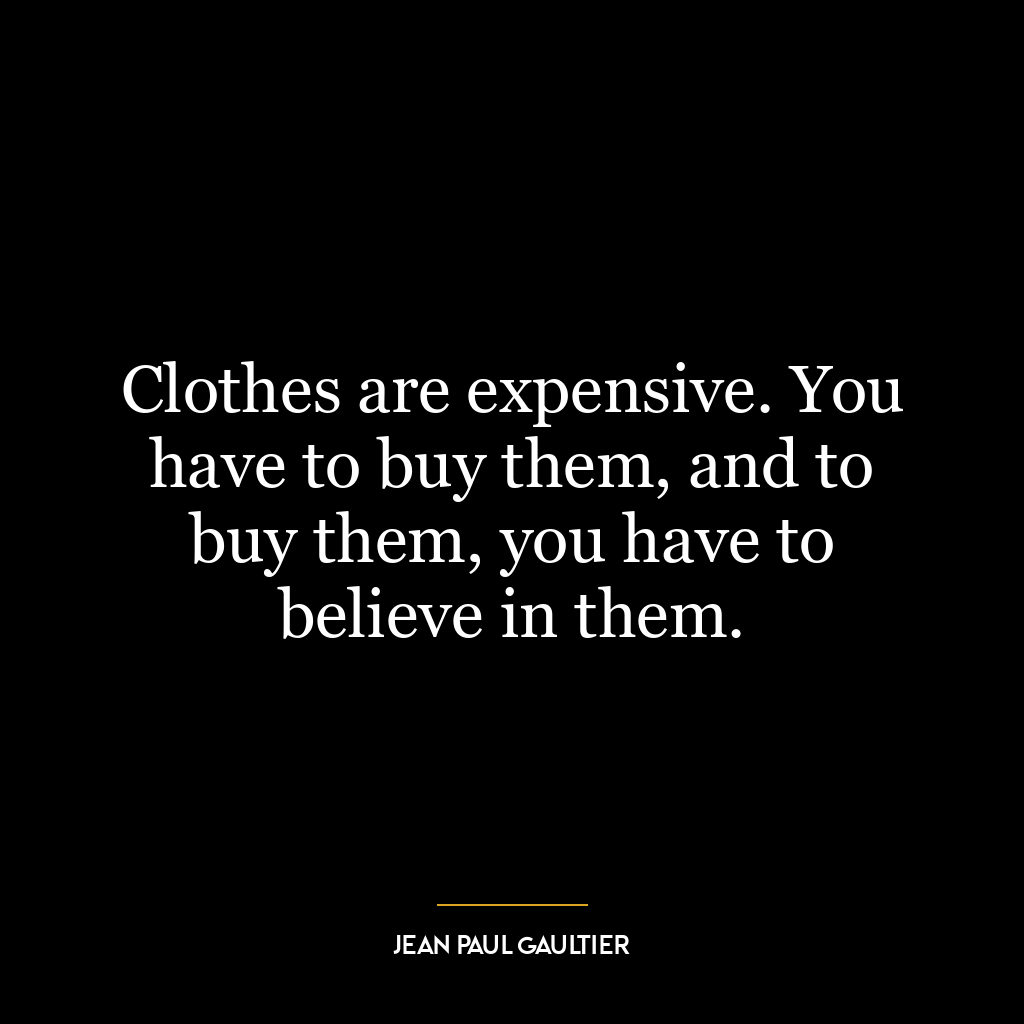This quote means that while you can trust the diagnosis or identification of an issue, you don’t have to believe in the predicted outcome or prognosis. In other words, just because a problem or situation has been identified and defined, it doesn’t mean that the expected or predicted outcome is set in stone.
This quote encourages us to challenge the predicted outcomes of our situations, to not accept them as inevitable. It underscores the power of personal agency, resilience, and the potential for change. It suggests that while we may not be able to control the diagnosis, we can influence the prognosis through our actions, mindset, and choices.
In the context of health, for example, it means that you may have been diagnosed with a disease, but that doesn’t mean you have to accept the predicted outcome. With proper care, treatment, lifestyle changes, and a positive mindset, the prognosis can be altered.
In today’s world, this quote is particularly relevant as we navigate through various personal, social, and global challenges. We often find ourselves faced with situations that seem out of our control. However, this quote reminds us that we have the power to influence the outcome through our responses to these situations.
In personal development, this idea can be applied in the way we approach our goals and challenges. For example, if you’ve been told that you’re not good at a particular skill (the diagnosis), that doesn’t mean you can’t improve and become proficient at it (altering the prognosis). Through dedication, practice, and a growth mindset, you can change the predicted outcome.
In essence, the quote is a call to action to take charge of our lives, to not be passive recipients of our circumstances but active participants shaping our destinies. It’s a reminder that our future is not pre-determined but something we can influence.















